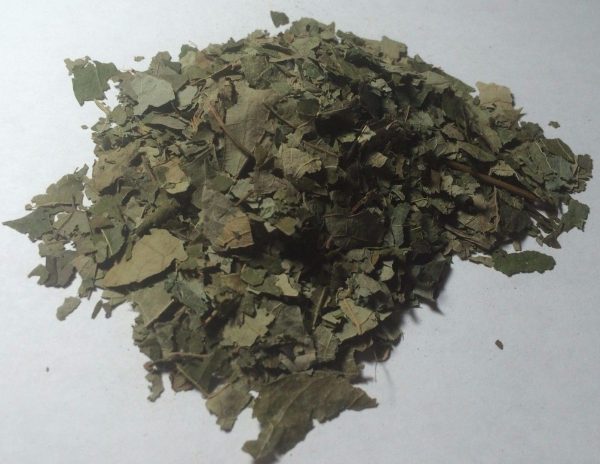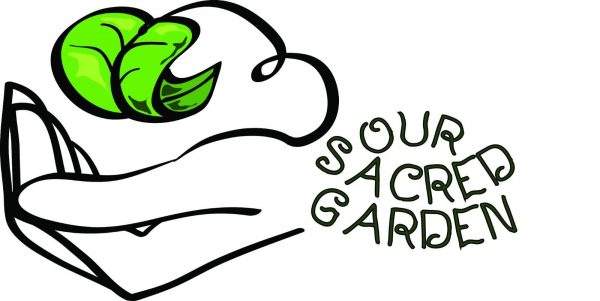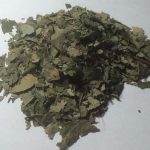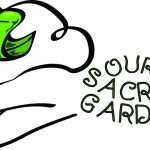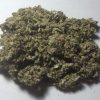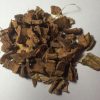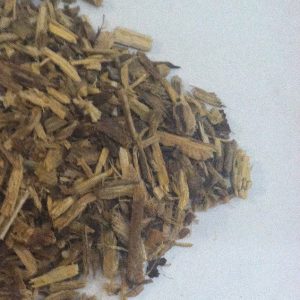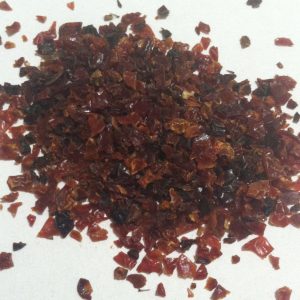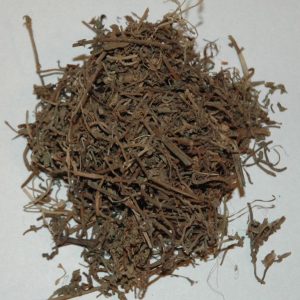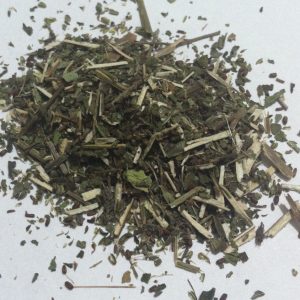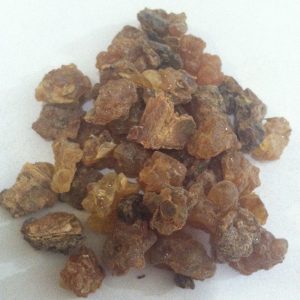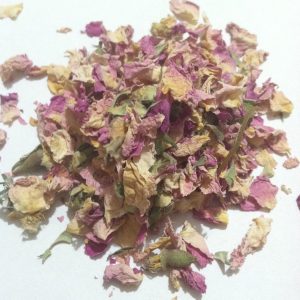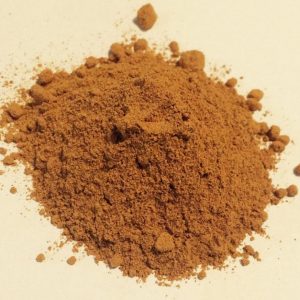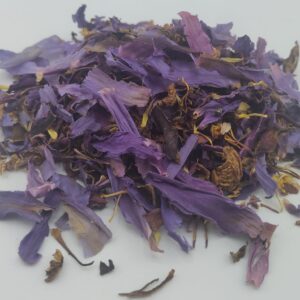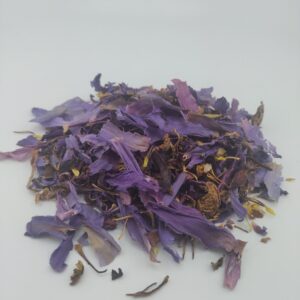Description
Common Name Standardized: sassafras Botanical Name Sassafras albidium (Nutt.) Nees
Plant Family: Lauraceae Synonyms Sassafras officinale Overview Introduction Sassafras is a sturdy tree found in the bayous of Louisiana. When the tree is young, its leaves are shaped like “mittens,” sometimes with two “thumbs.” As the tree matures, sometimes reaching a height of 100 feet (30 meters) and a trunk diameter of up to 6 feet (200 cm), the leaves grow more rounded, free of indentation. Sassafras tea, made from the root bark or just the bark, has been drunk for over three centuries in the lower Mississippi valley. Sassafras bark oil is used to flavor medicines and candy and in some perfumes. Constituents Alpha-pinene, anethole, apiole, asarone, beta-sitosterol, boldine, caryophyllene, elemicin, eugenol, mucilage, myristicin, reticule, safrene, safrole, tannins, thujone. Parts Used Bark, Root Bark. Typical Preparations Almost always found as a beverage or tea. The essential oil is more difficult to find and use because its trade is heavily regulated. Precautions Specific: Not for use in pregnancy except under the supervision of a qualified healthcare practitioner. Not for long-term use.
General: We recommend that you consult with a qualified healthcare practitioner before using herbal products, particularly if you are pregnant, nursing, or on any medications. For educational purposes only This information has not been evaluated by the Food and Drug Administration.
This information is not intended to diagnose, treat, cure, or prevent any disease.



